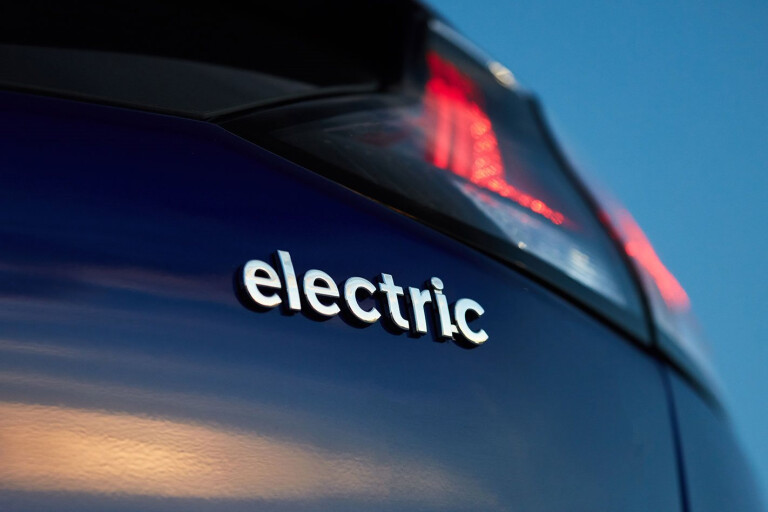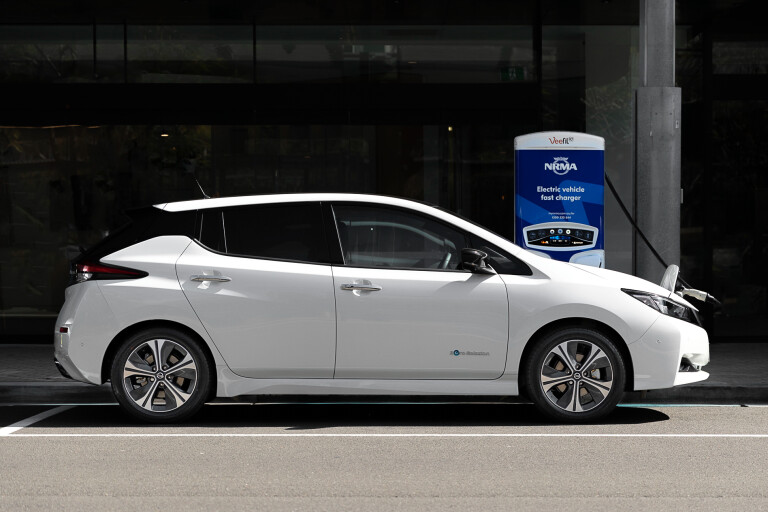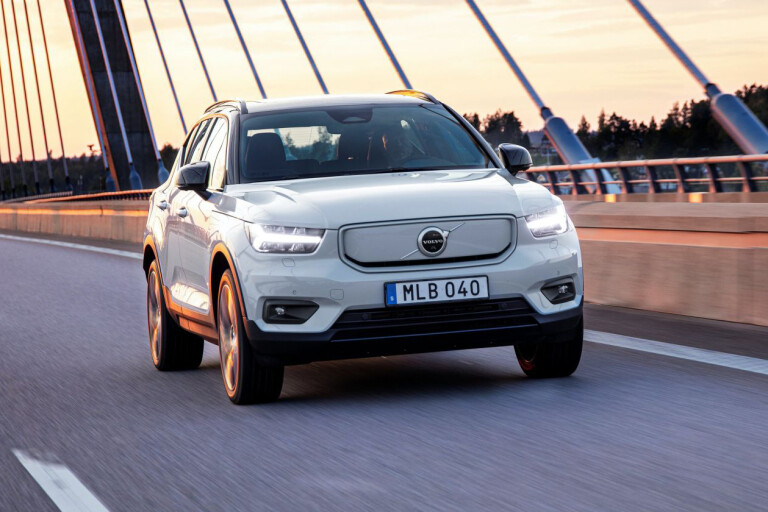
The ABC's 730 Report ran a story on Tuesday night laying out state and federal government EV policies. The report, by Andy Park, found that the states are doing the work while the Federal Government's position was to "let the market decide."
Angus Taylor, the Federal Minister for Energy and Emissions Reduction, says the market will decide on EVs and that uptake will be spurred on by cost and functionality (that is, driving range) and says it is happening quickly.
"It's important that the Federal Government plays its role in ensuring that we're integrating electric vehicles in an efficient way. "People who have the money to buy a luxury car are welcome to go and do that."
Taylor says the Federal Government is not in the business of subsidising luxury cars. This is a curious thing to say as more and more EVs come into the market below the luxury car tax threshold – which itself is higher for low-emissions vehicles. This also plays into a perception that EVs are only for the wealthy, but that is beginning to change.
When you add in the tax breaks given to utes, which are increasingly bought as lifestyle rather than work vehicles, that amounts to a subsidy in concept if not in law. To close that circle, a luxury vehicle is a lifestyle choice – so while the tax break isn’t a direct subsidy, it’s not a luxury offered to EV buyers.
And it bears repeating that if a government wants more of something, it makes policy and offers incentives to encourage it – and if it wants less of something, it taxes it or adds a drag on sales in the form of policy changes.

The New South Wales Liberal government has invested heavily in new public transport over the past few years and is in the process of electrifying its public bus fleet.
The NSW Transport Minister, Andrew Constance, told 730, "In Canberra they're still arguing about climate change. Nationally, it's crazy to have different charges across the states. As a country, we've got to tackle this head on." His government is currently offering a $30 discount on registration of EVs.
While the ACT, WA, Tasmania and Victoria are offering incentives for EV buyers and making moves to electrify their government fleets with anything from hybrid Camrys to fully electric work vehicles, the approach is fractured and the states appear to be working against the Federal Government and, as Constance says, each other.
The Victorian Labor Government's incentives package came after the introduction and passing of a bill in the Victorian Parliament to tax EVs and PHEVs per kilometre travelled, arguing that EV owners are not paying their "fair share", as not pumping fuel means avoiding fuel excise.
The $3000 incentive undermines the tax, at least for the cars to which it applies.
All of these fall short of Nissan Australia's recommendation of up to $5000 per EV.

Park spoke to energy entrepreneur Saul Griffith, who says the average Australian household would save between $2000 and $4000 in petrol or diesel if they made the switch to EVs. He is also disappointed that a similar approach to rooftop solar – where governments have provided subsidies and rebates – has not been taken with EVs. He says it is hypocritical.
"We've let the electric vehicle get caught in the culture wars around fossil fuels, which is a tragedy," Griffith said.
Speaking with 730, Griffith said Australia spends $32bn per year importing petrol and diesel. That's a lot of money that doesn't have to leave the country when we could be powering our EV fleet with our existing local coal and renewable infrastructure.
"As investment in coal recedes at a rapid rate, the share of renewables powering EVs will grow and start to deliver on the promise of emissions-free driving."
Without Federal leadership or even a co-operative approach from the various levels of government, the issues that prevent EV uptake will continue to fester. Within a decade, many car manufacturers will be offering more EVs than ICE cars. Without a coherent national policy, an already confusing consumer landscape is made worse.
Andy Park's story is available on ABC iView for another few days.

COMMENTS